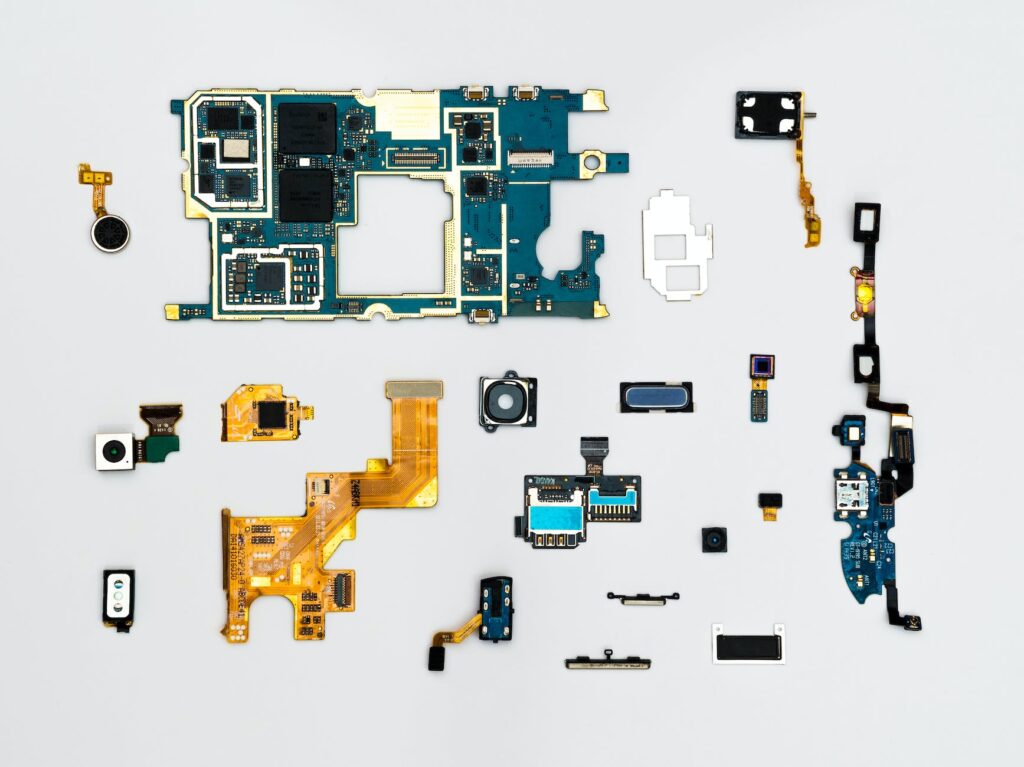
Introduction
The scholarship process has changed dramatically over the past few years. Today, students have more options and resources available to them than ever before. The future of scholarships is already here, and it’s going to continue changing the game for students who are looking for help paying for college or graduate school. In this post, Dr Lane Sebring will explore some of the ways technology is improving scholarships and making it easier than ever before to find funding for your education!
Crowdfunding
Crowdfunding is a great way to find scholarships. The number of scholarships offered through crowdfunding platforms has grown significantly in the last few years, and many of them are specifically designed for those who wish to attend school but cannot afford it on their own.
If you’re looking for financial aid that will help you pay for college or graduate school, we recommend checking out some of these platforms:
- GoFundMe – GoFundMe allows users to create campaigns for any purpose (including education). There are no restrictions on what kinds of campaigns can be created, so long as they meet certain guidelines regarding content and verbiage. GoFundMe also offers a wide variety of options when it comes time for users’ campaigns expire – they can choose whether they want the money left over after fulfilling their goals donated back into other causes or kept by themselves as profit! If this sounds like something worth trying out then head over here now before someone else snatches up that sweet scholarship first!
Artificial Intelligence
Artificial intelligence (AI) can help students find the right scholarship, college, and major. AI is a technology that allows computers to learn and make decisions based on data they receive. It’s already being used by many companies in various industries such as healthcare and finance.
The technology has been shown to be effective at solving complex problems with high degrees of accuracy; for example: when you search for “scholarships” on Google or Bing, it will suggest specific scholarships based on your profile information and interests.
Blockchain Technology
Blockchain is a decentralized, peer-to-peer network that allows users to transact directly with each other without the need for intermediaries. It’s also a distributed database that keeps track of transactions and data across thousands of computers–not just one central database.
Blockchain technology has far-reaching implications for higher education because it can be used to verify student credentials, transfer credits between institutions, certify completion of courses and determine eligibility for scholarships or financial aid programs.
Mobile Learning Platforms
Mobile learning platforms are a great way for students to learn at their own pace. Students can access the platform from anywhere, including on their phones or tablets. This is particularly valuable for those who have trouble attending class regularly, whether due to work, family obligations or other reasons.
Mobile learning platforms also allow you to gauge how well your students are retaining information and help improve retention rates by providing additional practice questions after each lesson has been completed.
Virtual Reality
Virtual reality (VR) is a computer-generated environment that can be explored and interacted with by a person. It typically uses visual, auditory and other sensory simulators to recreate an experience of an existing environment or create an imaginary setting.
Virtual reality has been used in many industries including healthcare, military training, architecture and education. VR has also been used in video gaming since the 1990s but has more recently become popular among consumers with the release of commercial headsets such as Oculus Rift, HTC Vive, PlayStation VR and Google Cardboard.
Conclusion
There are many ways technology is changing the game for scholarships. Crowdfunding is a great way to get funding from people who wouldn’t normally donate, while artificial intelligence can help predict which students would be most likely to succeed in their studies. Mobile learning platforms will allow students access to their data wherever they go, while blockchain technology could make this entire process more secure and transparent!